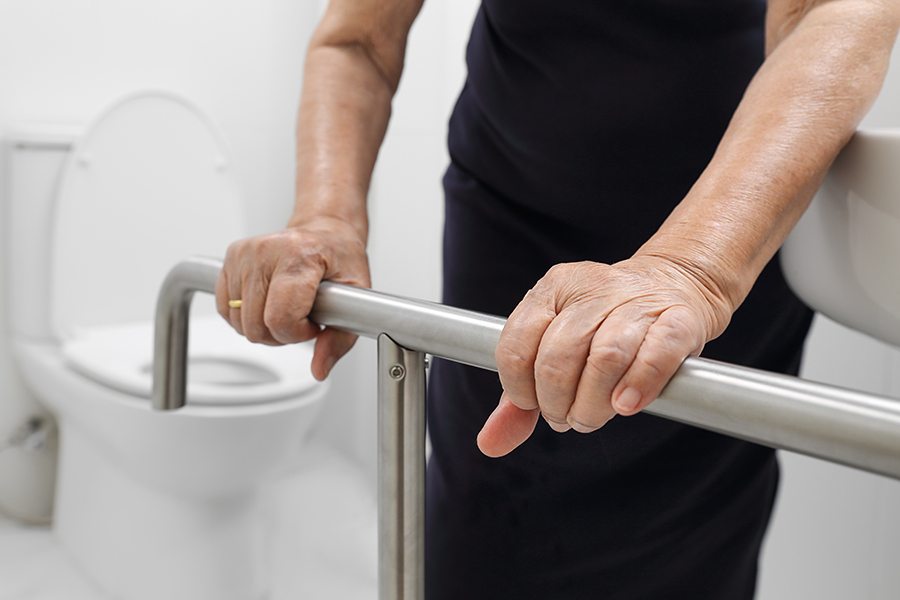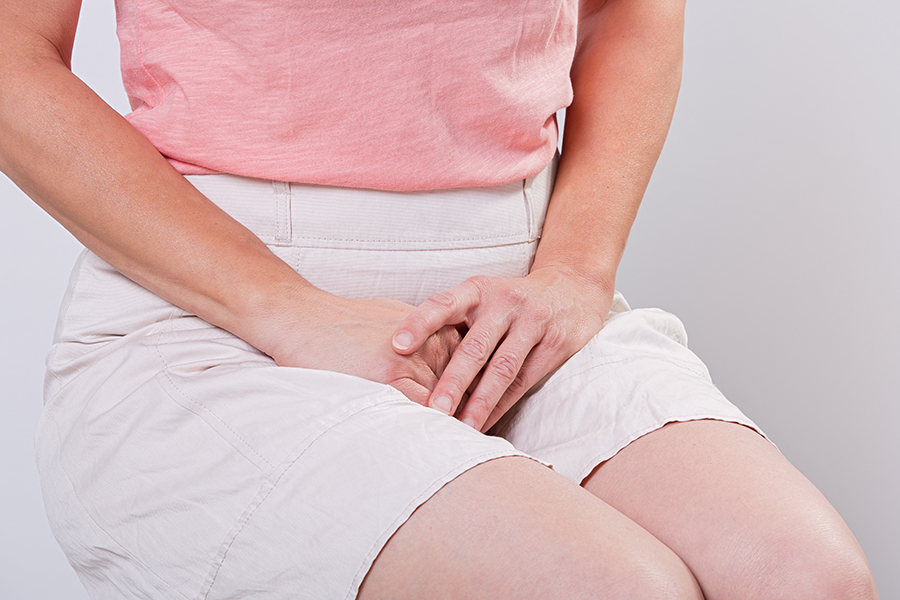Health Declines Are More Rapid in Older Women with Urinary Incontinence – By Theresa Kreif for University of Hawai’i News
As women age, their ability to get around affects their quality of life. A new study shows that older women’s physical functioning declines more rapidly if they develop urinary incontinence, according to public health researchers at the University of Hawaiʻi at Mānoa.
Catherine Pirkle and Yan Yan Wu, both assistant professors in the Office of Public Health Studies in the Myron B. Thompson School of Social Work, collaborated with researchers in Brazil, Colombia and Canada to recruit approximately 900 women in their sixties and seventies from those three countries plus Albania. About 25 percent of women over age 60 experience urinary incontinence.
Study participants completed a short test of physical functioning, which included measuring the speed of their usual walking pace, checking their balance and testing how fast they could stand up from a chair. The women also completed a questionnaire about their health, which included a query about whether they had experienced any leakage of urine in the past week. After two years, the women repeated the physical functioning test.
Pirkle said the researchers were surprised by how much physical function had decreased over a two-year period in women who had reported experiencing urine leakage at the study’s start.
“The loss of physical function in this group was quite large and happened very rapidly,” said Pirkle. “We know that, as women age, they tend to experience more functional limitations and disability than men do. But the reasons for this gender gap are not clear.”
Cycle of incontinence and decreasing physical activity
Wu said one supposition is that women who experience incontinence start to engage in less physical activity out of fear of losing urine. This could lead to a vicious cycle, as a reduction in physical activity leads to worsening incontinence and overall health.























Although I am not a medical professional, common sense tells me that a significant factor in the disparity between male and female incontinence would be that men do not experience pregnancy and childbirth. Because incontinence results from a weakening of ths muscle(s) of the pelvic floor, and preghancies are supported by the pelvic floor, it stands to reason that women, who carry fetuses, would be affected by incontinence more commonly than men, and that women who have had multiple pregnancies might be more susceptible to urinary incontinence than men.e